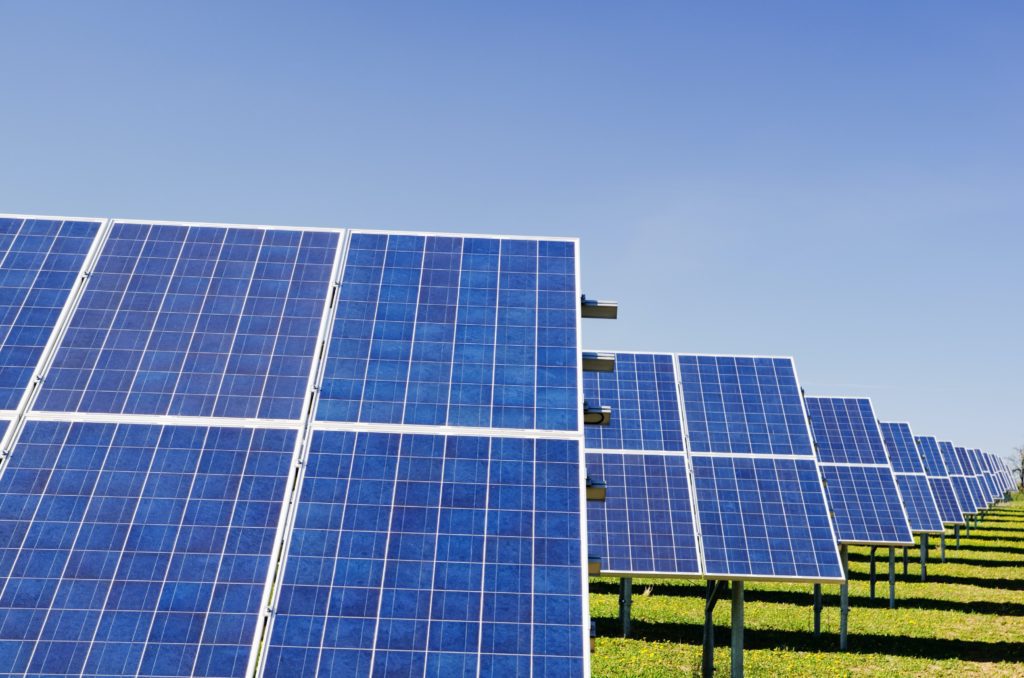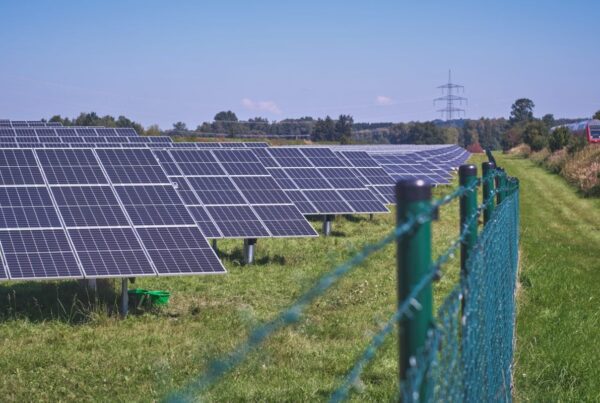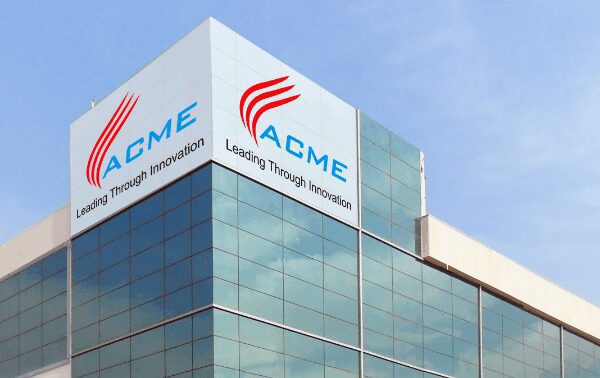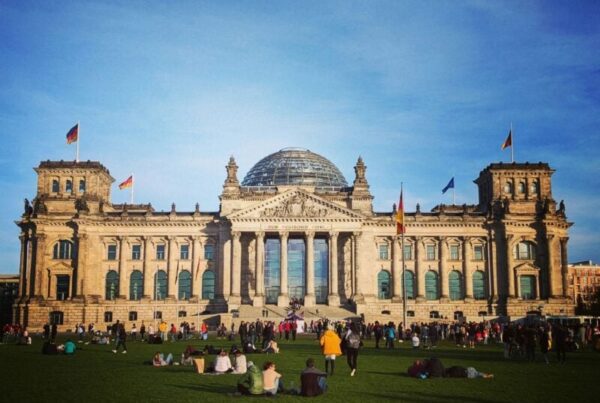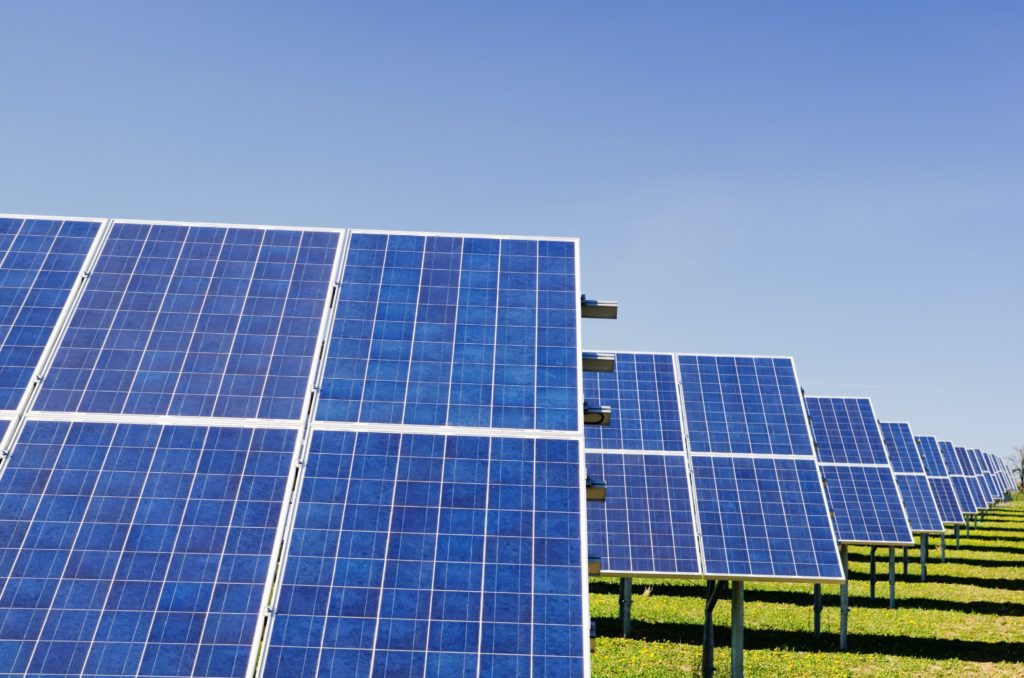
US solar EPC company iSun doubled its Q1 revenue year-on-year but has lowered its 2022 guidance as a result of module procurement challenges within its utility-scale unit.
Management explained during a conference call with investors that its decision to lower revenue guidance for the year to US$125 million is due to utility-scale projects that have been pushed into 2023.
With the US Department of Commerce continuing a circumvention investigation that could result in retroactive tariffs of 50 – 250% on solar cell and module imports from four Southeast Asian countries, US EPCs have been struggling to secure modules.
One EPC told PV Tech Premium earlier this month that the current situation for module procurement in the US “is not existing”, while 83% of respondents to a survey from trade body the Solar Energy Industries Association reported cancelled or delayed module supply.
iSun posted first-quarter revenue of US$15.1 million, a 108% increase on the same quarter last year, with growth driven by the continued fulfilment of residential consumer demand and execution of the company’s commercial and industrial backlog.
Having added around US$41.2 million in new customer demand and contracts during the quarter, iSun’s backlog has grown to US$128.3 million.
CEO Jeffrey Peck said the residential division “has seen a tremendous increase in demand”, while the company aims to leverage the sales and marketing expertise secured through its acquisition last year of installer SunCommon.
Despite the revenue growth, iSun posted a Q1 net loss of US$2.9 million, compared with a net loss of US$3.2 million in the same quarter last year.
Conference call transcript from Seeking Alpha.


